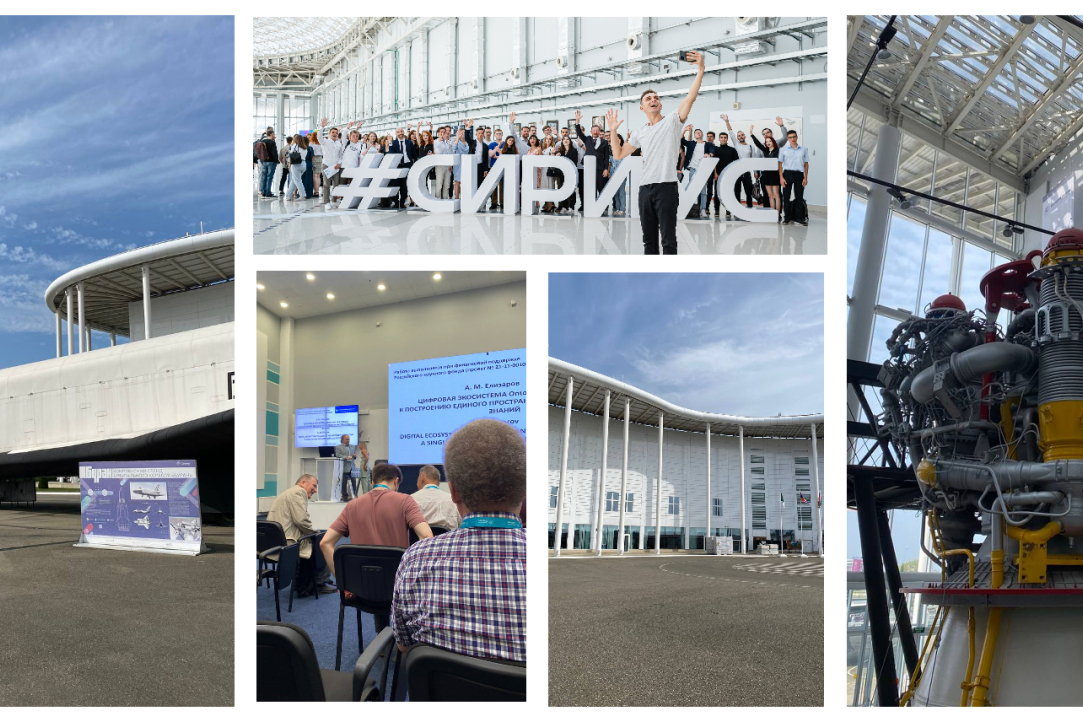Школа-конференция «Анализ данных, сети и аппроксимация»
Стажер-исследователь МЦИИР Борис Павленко принял участие в международной школе-конференции в Сочи.

Мероприятие организовано Лабораторией алгоритмов и технологий сетевого анализа НИУ ВШЭ, Отделением Московского центра фундаментальной и прикладной математики в Институте прикладной математики имени М.В. Келдыша РАН и Математическим центром Научно-технологического университета «Сириус».
Борис выступил с докладом “Network fragmentation and beliefs about COVID-19 in Russian towns”.
Abstract. The goal of this study is understanding the mechanisms of decision-making and beliefs surrounding COVID-19. The relationship between network fragmentation based on Louvain algorithm of community detection of towns based on Vkontakte data in Russia and beliefs in COVID-19 fakes and vaccination intentions is studied. Data is collected using VK-api and combined with ICSID poll studying effects of COVID-19 in Russia. It is proposed that use of SNS should be the mechanism of information transmission. Results show that fragmentation is negatively linked with beliefs in both fake and true stories COVID-19. Increasing polarization in vaccination decisions is associated with fragmentation of social network. Moreover, VK use amplifies these beliefs. These results could mean that use of SNS can create echo-chambers that spread news ineffectively which discourages use of given SNS and increases distrust in news which in turn can make the network even more inefficient. It is important to understand what affects beliefs regarding vaccination given high vaccine hesitancy and low vaccination rates in Russia.
